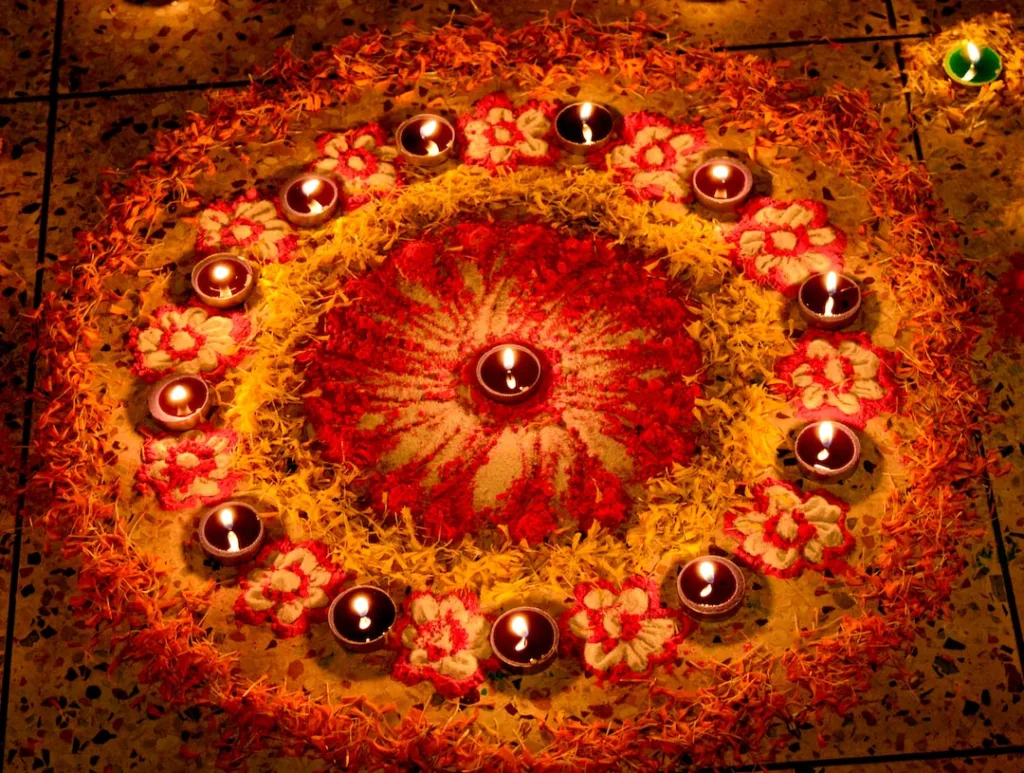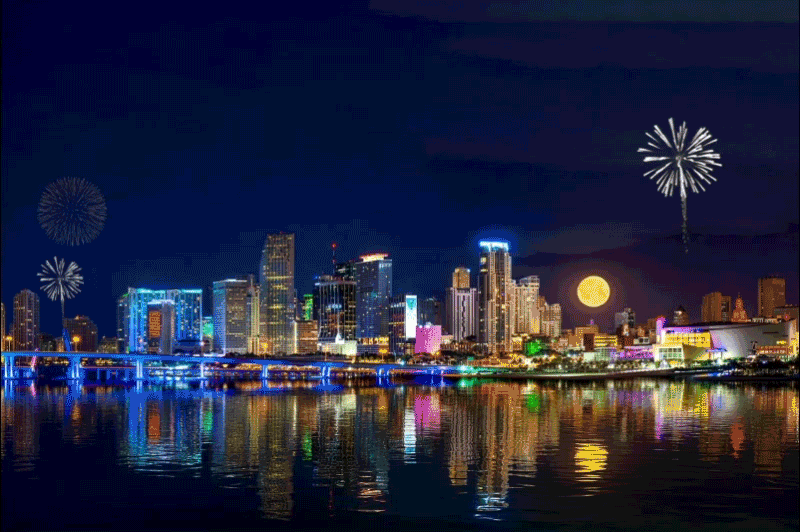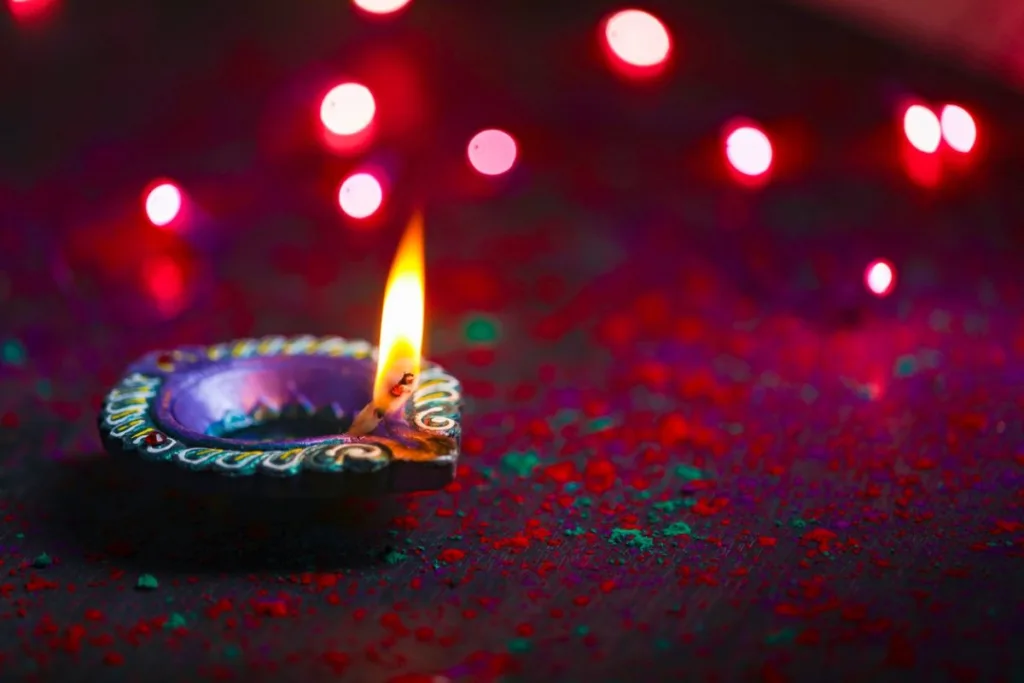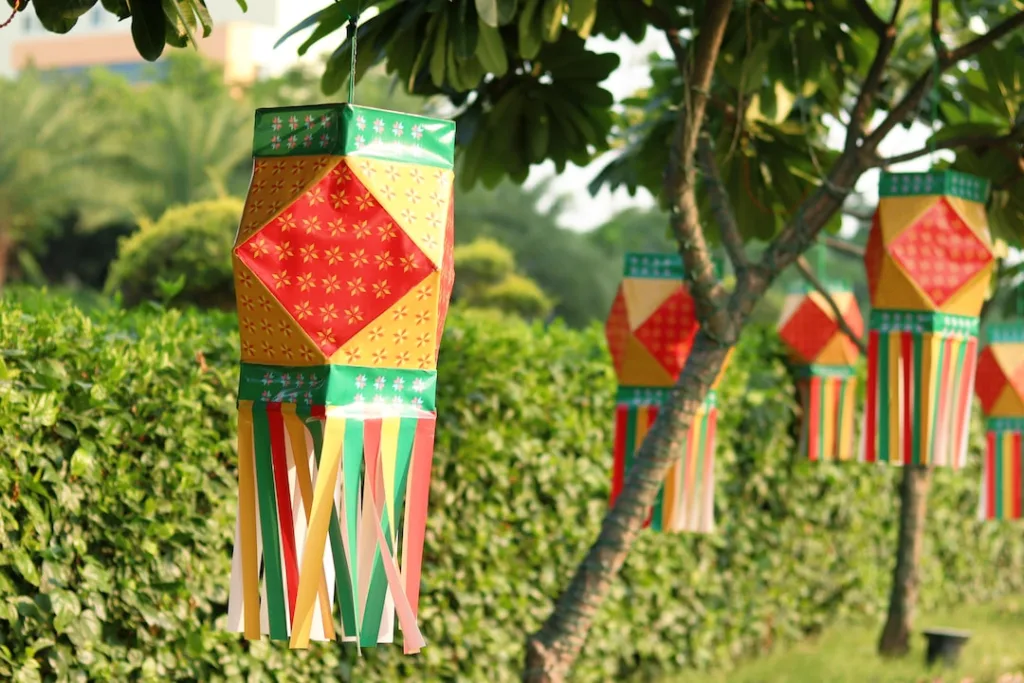The Significance of Diwali in Hinduism
Diwali is a festival celebrated in India and worldwide, symbolizing good over evil and lightness over darkness. It holds religious significance for Hindus, Sikhs, Jains, and Buddhists. The festival is pronounced “di-wah-lee” or “di-vah-lee” and is also known as Deepawali in some regions

Table of Contents
The significance of Diwali varies across different parts of India. In northern India, Diwali celebrates King Rama’s return after defeating the demon king Ravana, while in southern India, it commemorates Lord Krishna’s victory over the demon Narakasura. Regardless of the specific story, the festival signifies the triumph of good over evil and the belief in the power of light.
Traditional Customs and Rituals of Diwali
Diwali is associated with various customs and rituals that add to the festive spirit. One of the most prominent customs is the lighting of diyas and fireworks, symbolizing the victory of light over darkness. This tradition signifies the removal of ignorance and the presence of knowledge.
The exchange of gifts and sweets is an essential part of Diwali celebrations. It promotes love and harmony among family and friends, strengthening bonds and fostering a sense of togetherness. Rangoli art and decoration are also common customs during Diwali. Rangoli is a traditional Indian art form where colorful designs are created on the floor using materials like colored rice, sand, or flower petals. It is believed to bring good luck and prosperity to the household.
Diwali is also a time for wearing colorful traditional clothing, participating in worship services, feasting, and engaging in gift exchanges. Celebrating at home involves the lighting of lamps or lanterns and cooking traditional foods while reflecting on the history and significance of the holiday.

Diwali Celebrations Across Regions and Communities
Diwali is celebrated differently in various regions of India. Each region has its own variations of Diwali traditions and customs, making the festival even more diverse and vibrant. Additionally, Diwali holds significance for different communities such as Sikhs, Jains, and Buddhists, who have their own versions of the Diwali story.
During Diwali, it is common for people to visit their friends and families, exchange gifts, and convey their best wishes. One unique tradition during Diwali is brothers visiting their married sisters, who welcome them with a meal. Sisters pray for the longevity and prosperity of their brothers, symbolizing the bond between siblings.
The celebration of Diwali showcases the unity and cultural diversity of India, as people from various regions and communities come together to celebrate this auspicious occasion.

Diwali as a Symbol of Victory of Light
Diwali symbolizes the victory of light over darkness, knowledge over ignorance, and good over evil. The festival celebrates the Hindu goddess Lakshmi, the goddess of wealth and good fortune. It is a time of spiritual reflection and cultural celebration, where people illuminate their homes with lamps and lights to welcome the goddess and seek her blessings.
Diwali is not only a religious festival but also a cultural phenomenon in India. It is the country’s biggest holiday season, rivaling Thanksgiving or Christmas in terms of excitement and fervor. The festival represents the belief that light will triumph over darkness and that good will ultimately prevail.
Importance of Diwali for Different Regions and Communities
Diwali holds regional importance in different parts of India. The festival promotes cultural diversity and unity among communities, as people from different backgrounds come together to celebrate this joyous occasion. Diwali is significant for Sikhs, Jains, and Buddhists as well, providing them with an opportunity to celebrate their respective traditions and beliefs. The festival highlights the cultural richness and traditions of different regions and communities, contributing to the overall tapestry of Indian culture. Celebrating Diwali fosters a sense of belonging and shared heritage among diverse groups, promoting harmony and understanding.
Impact of Diwali on Art and Culture
Diwali has a significant impact on various art forms, showcasing the creativity and skills of artisans in India. One such art form is Rangoli, where intricate and colorful designs are created on the floor using materials like colored rice, sand, or flower petals. Rangoli is a common Diwali custom believed to bring good luck and prosperity. During Diwali, artists and performers come together to showcase their talent and celebrate cultural expressions through music, dance, and other art forms. The festival provides a platform for the preservation and promotion of Indian art and culture, allowing it to thrive and be appreciated by a wider audience.
Environmental Concerns and Diwali

While Diwali is a time of joy and celebration, it is important to be mindful of its impact on the environment. Fireworks, which are often used during Diwali, contribute to air pollution and environmental concerns. Efforts have been made to promote eco-friendly Diwali celebrations, encouraging the use of alternative methods of celebration that are less harmful to the environment. Some areas have implemented bans on firecrackers to reduce pollution and protect the environment. Balancing the traditional customs of Diwali with environmental consciousness is a growing concern, and individuals are encouraged to celebrate the spirit of Diwali while also being mindful of the impact on the environment.
Conclusion
Diwali is a festival of immense cultural and religious significance, symbolizing the victory of light over darkness and good over evil. It is celebrated with traditional customs and rituals such as lighting diyas, exchanging gifts, and creating Rangoli art. Diwali brings together people from different regions and communities, promoting unity and cultural diversity. The festival has a profound impact on art, culture, and the environment, highlighting the need for conscious celebrations. By understanding the significance and traditions of Diwali, we can appreciate the cultural richness and values it represents.
To explore more about travel, festivals, and cultural events, visit the TripperGuy website at https://tripperguy.com/.
Read our article Diwali 2023 in the USA: Celebrating the Festival of Lights with Cultural Events and Traditions